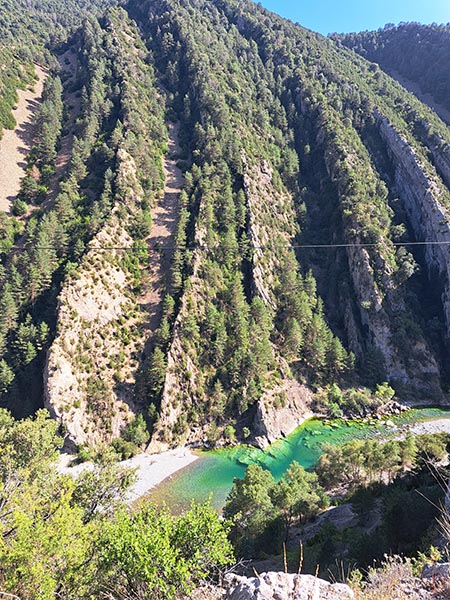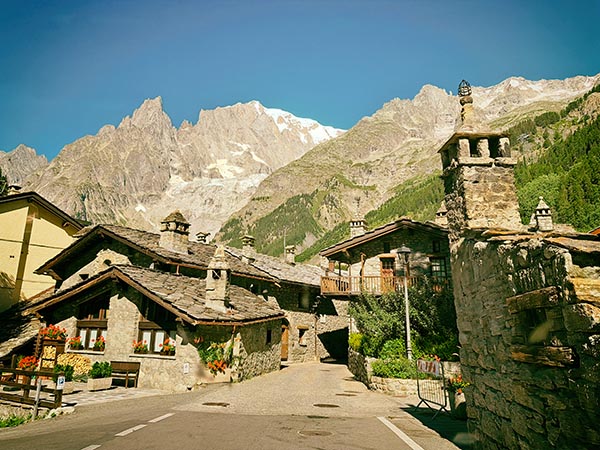The State of the News Media 2006
 An annual report on American journalism by Project for Excellence in Journalism
An annual report on American journalism by Project for Excellence in Journalism
…an institute affiliated with Columbia University Graduate School of Journalism. The study is funded by the Pew Charitable Trusts, and was produced with a number of partners, including Rick Edmonds of the Poynter Institute, Michigan State University, the University of Missouri School of Journalism, and Andrew Tyndall of ADT Research.
The report is quite simply huge, it covers everything, (there are charts if you’re lazy)  so I only give you a bit from the:
so I only give you a bit from the:
Major Trends section
1. The new paradox of journalism is more outlets covering fewer stories
2. The species of newspaper that may be most threatened is the big-city metro paper that came to dominate in the latter part of the 20th century.
3, At many old-media companies, though not all, the decades-long battle at the top between idealists and accountants is now over.
4. That said, traditional media do appear to be moving toward technological innovation — finally
5. The new challengers to the old media, the aggregators, are also playing with limited time.
6. The central economic question in journalism continues to be how long it will take online journalism to become a major economic engine, and if it will ever be as big as print or television.
 Comments(0)
Comments(0)



